Norwegian Public Road Administration (Statens vegvesen)
Keeping the Roads Open
Reimagining Norway’s roadworks to cut disruption and save society millions
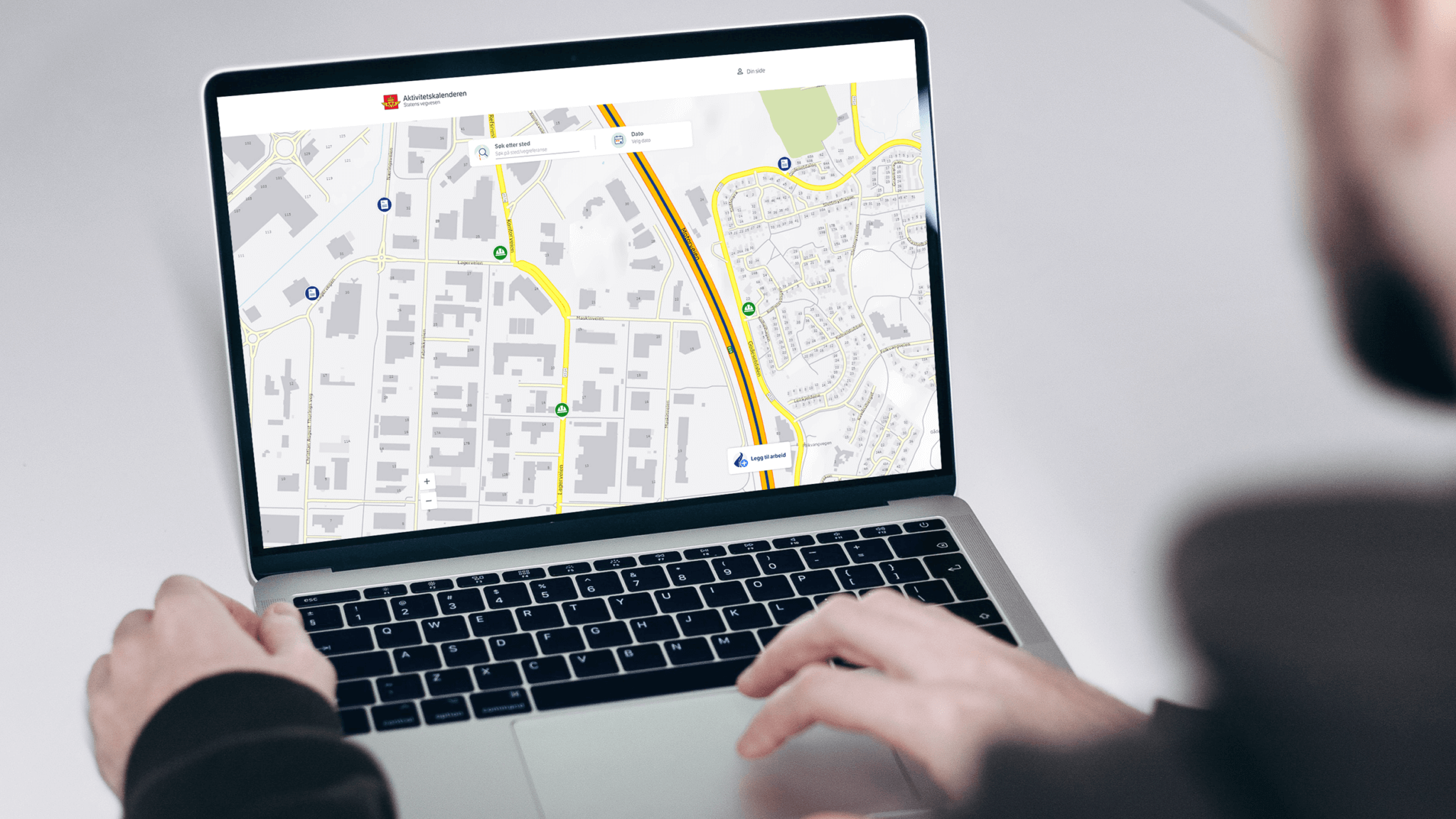
Service and Offer
Putting the commuters first
Since 1864, Statens vegvesen, the Norwegian Public Roads Administration (NPRA), has managed Norway's key road infrastructure, including roads, bridges, tunnels and ferries. With a mission to ensure safe and efficient road transport, NPRA plays a crucial role in connecting communities, supporting economic activities and enhancing the quality of life for millions of Norwegians.
frog and Capgemini are NPRA’s strategic partners, helping develop a smart, sustainable and connected infrastructure.
To maintain the quality of the roads, more than 20,000 roadworks are conducted annually. Although these projects are essential for maintaining accessible roads, they temporarily disrupt traffic, resulting in significant societal costs.
frog enabled NPRA to prioritize their customers by improving the employee experience and operating model. This customer-first approach helps maximize road uptime, saving millions in reduced societal costs and reducing unnecessary CO2 emissions.
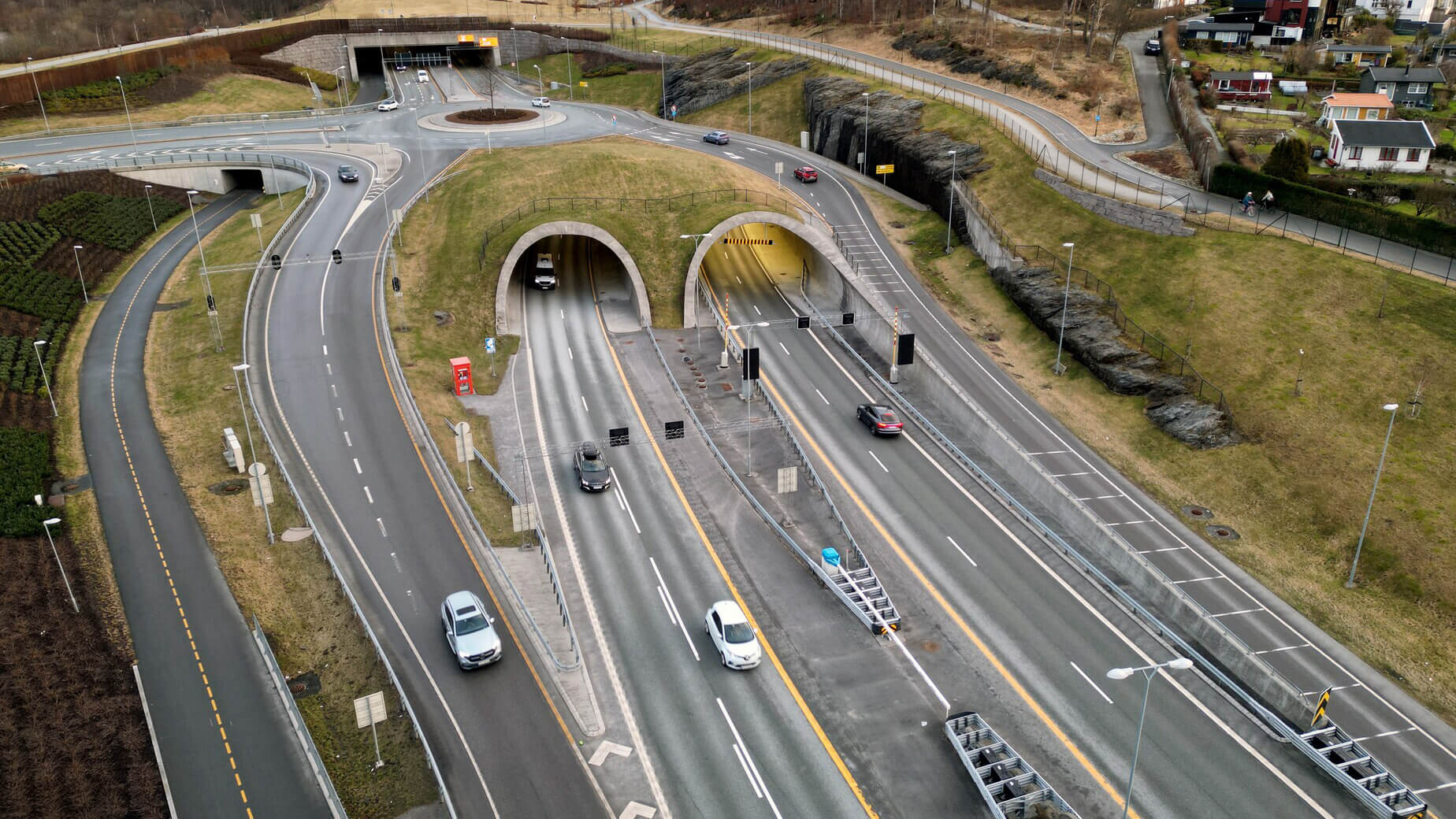
Photo by Øyvind Ellingsen, Statens vegvesen.
Working with frog has been key to understanding how we can enable organizational change and prioritize drivers.
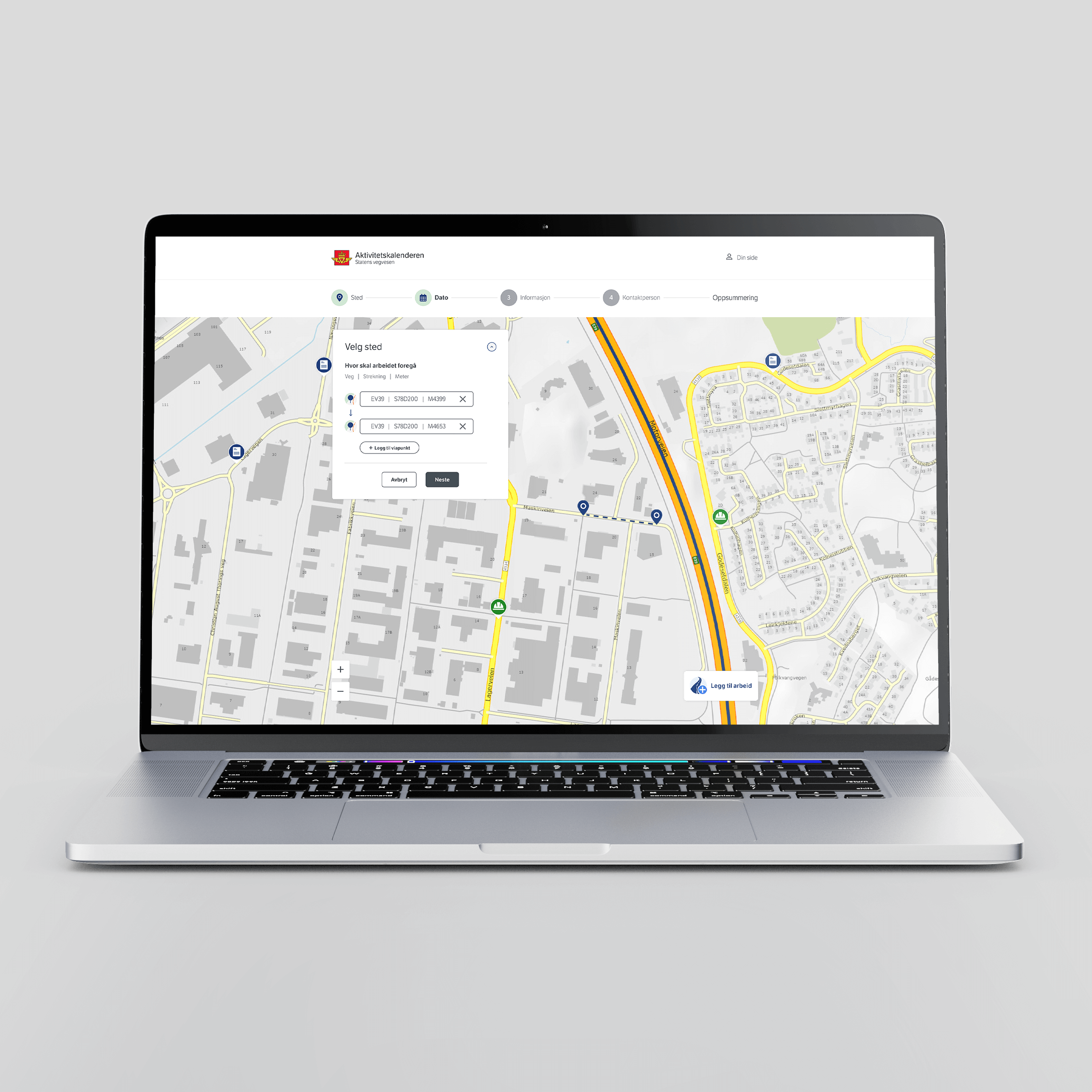
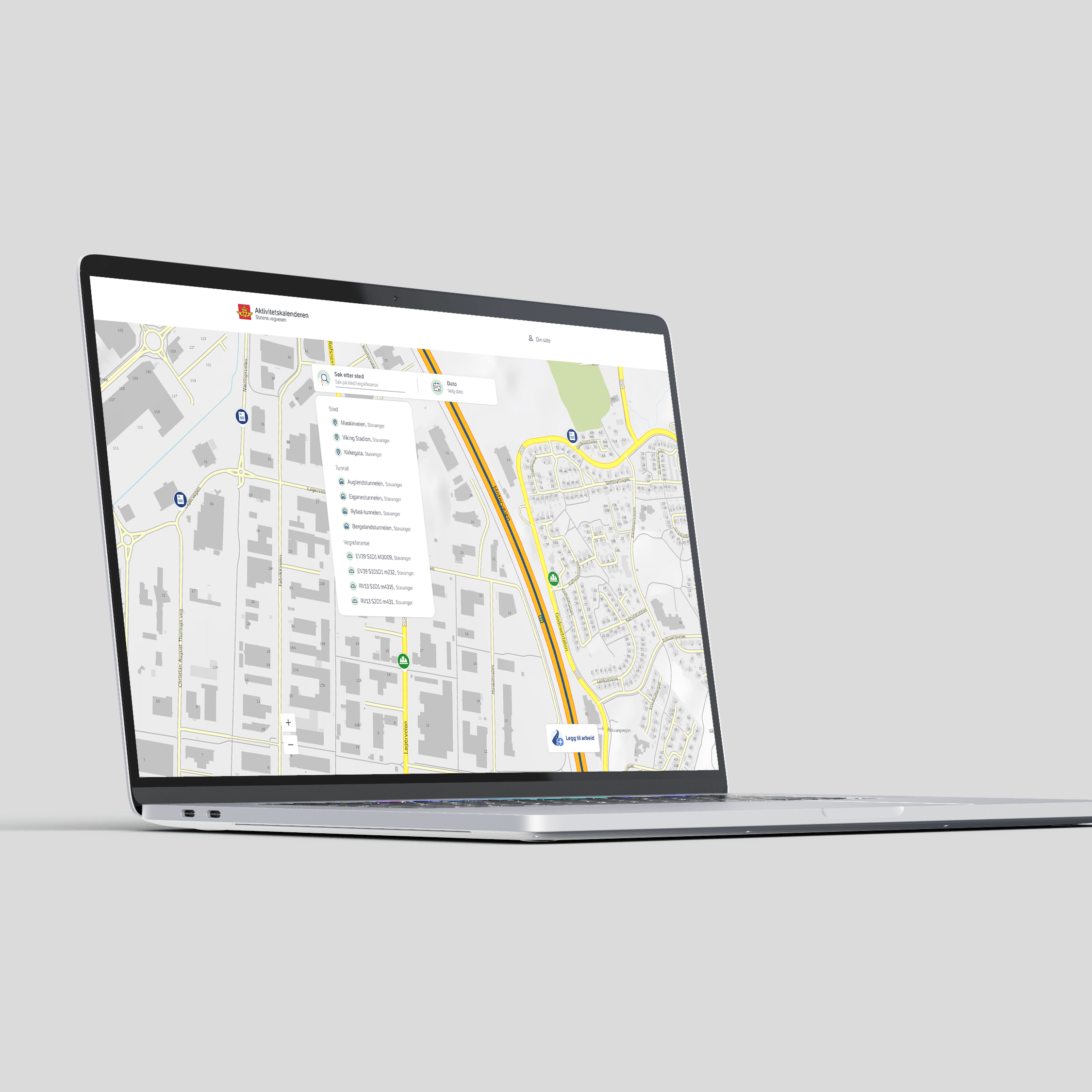
Keeping the<br>roads open
Project highlights
Challenge
Reducing roadwork disruption
With limited alternate routes and high traffic impact, maintenance work can be disruptive. NPRA sought a smarter way to coordinate such work, minimizing closures for the people who rely on these roads.
Solution
Enabling smarter coordination
frog helped NPRA shift both tools and mindset, redesigning the employee experience, streamlining workflows and delivering a user-centric coordination tool for smarter, more customer-focused operations.
Outcome
Proof of value proposition
Early pilots showed clear evidence of value creation: NOK 4.5M in societal savings and 34 extra days of open road. If scaled, 10% reduction in road closure could save society circa NOK 1.1 billion annually.
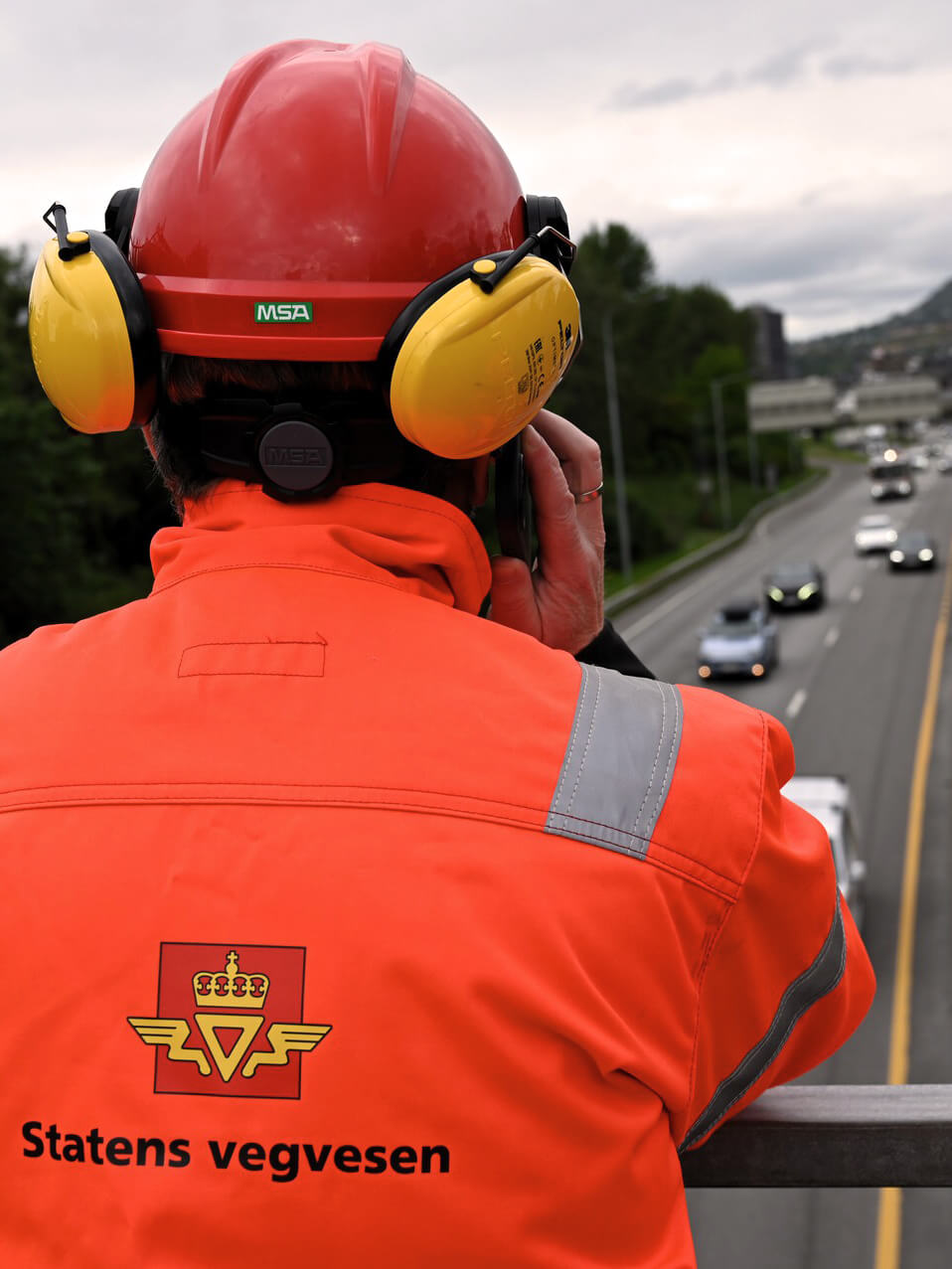
NPRA employee standing on bridge.
Photo by Henriette Erken Busterud
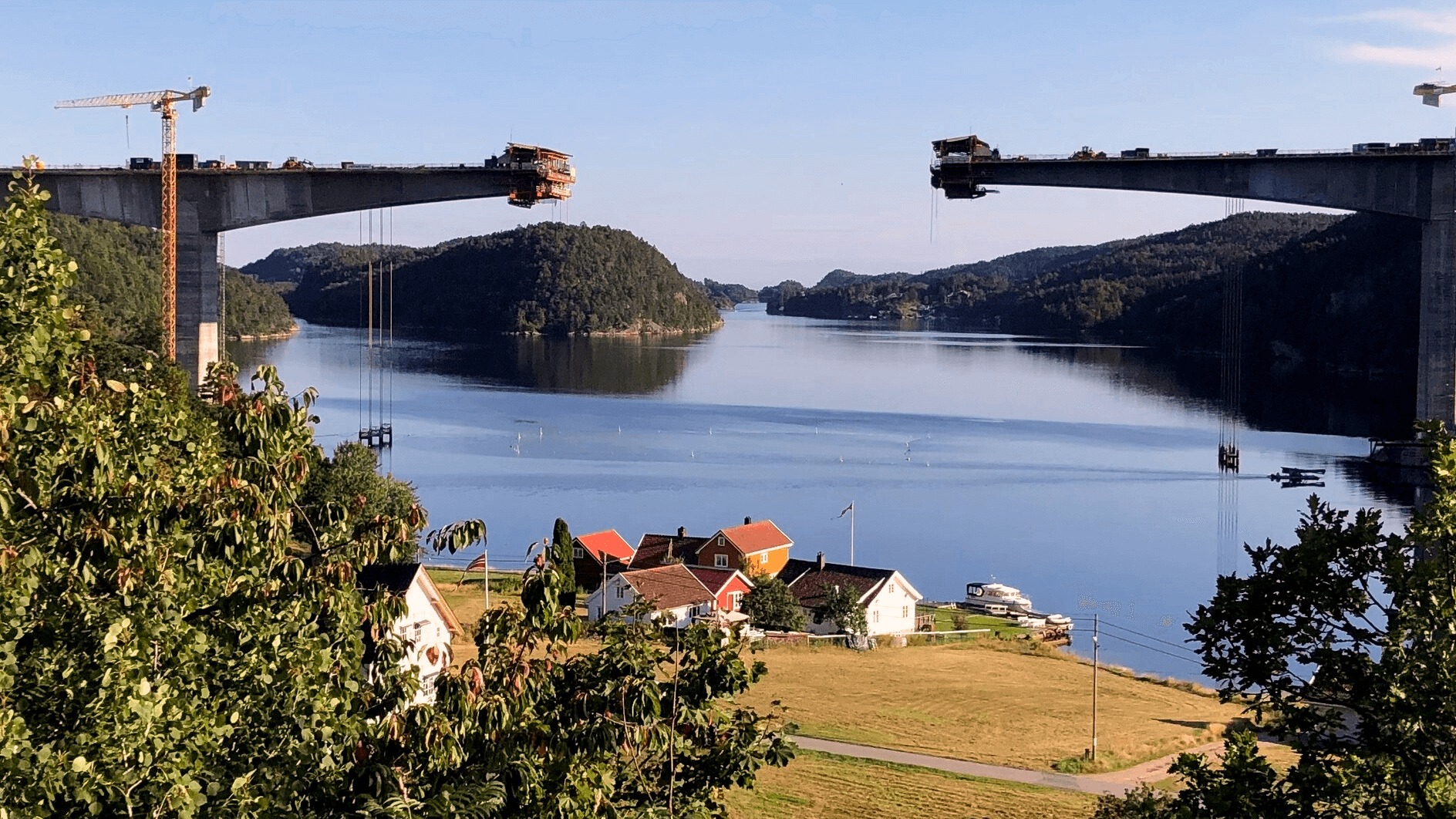
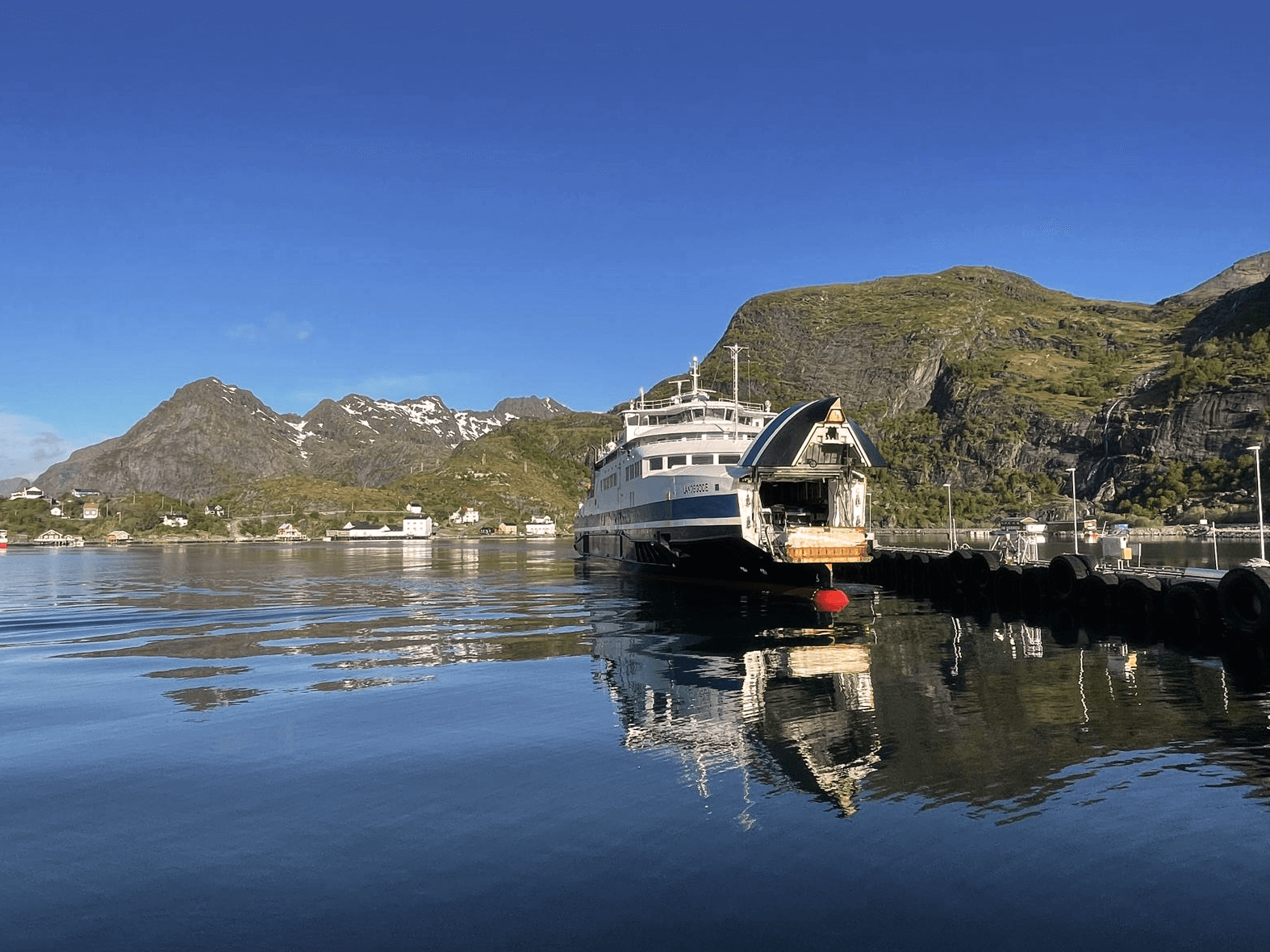
NPRA employee standing on bridge.
Photo by Henriette Erken Busterud
View of the bridge construction site (top right) and a ferry moored in a Norwegian fjord (bottom right).
Both photos by Henriette Erken Busterud.
Moving into <br>top gear
frog/Capgemini and the <br>Norwegian Public Roads <br>Administration
34 days
More open road
Improved collaboration kept the roads open 34 extra days during a test period. This is a tangible result, and clear evidence of value creation through smarter planning.
NOK 4.5M
Early societal impact
During the pilot period, better coordination reduced waiting times and saved society NOK 4.5M. More importantly, it proved the value proposition–this approach works.
NOK 1.1B
Estimated future savings
By reducing road closures by 10% of 2023 levels, societal costs will be reduced by an estimated NOK 1.1B annually. This is the long-term goal for the client.
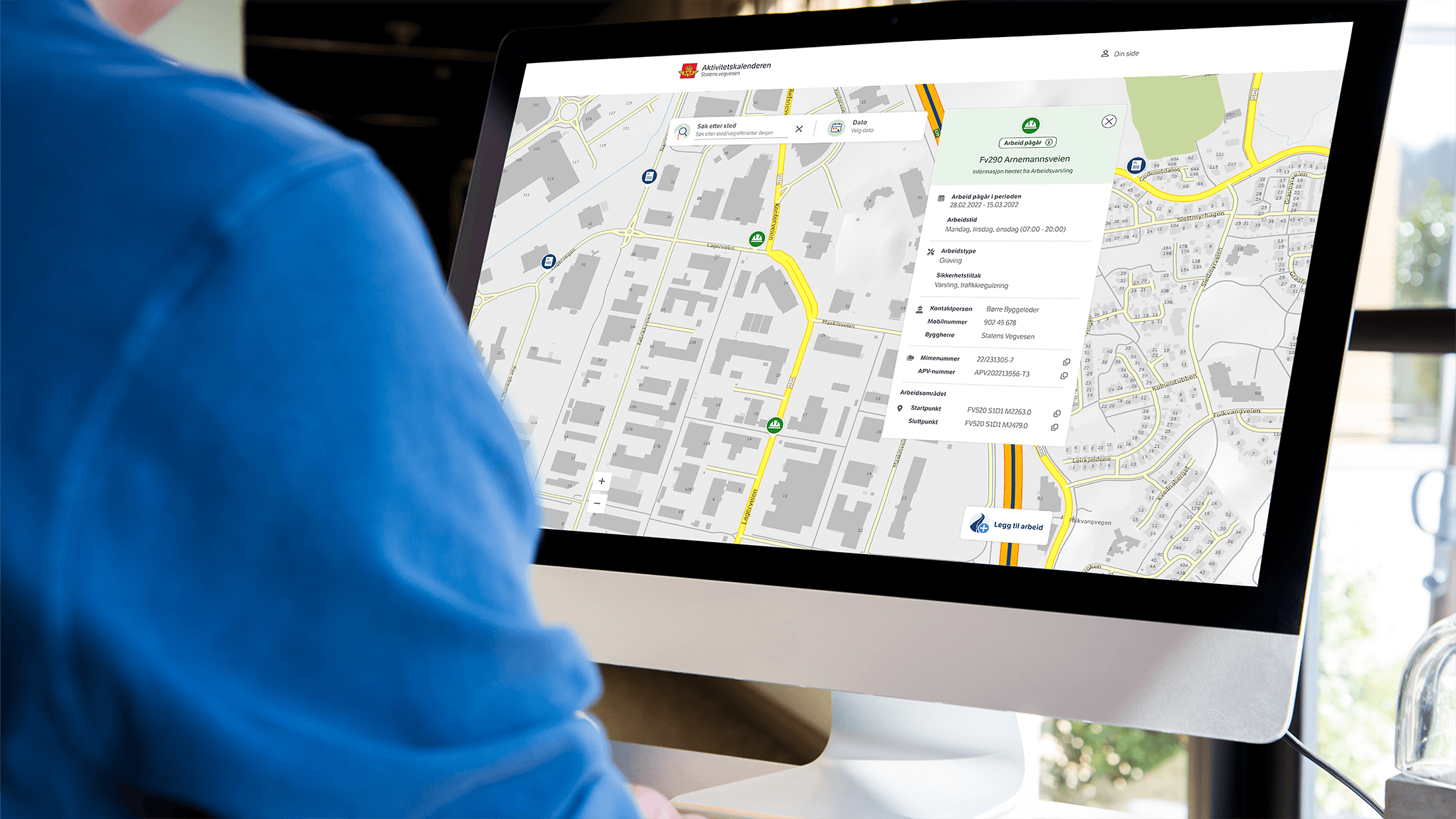
Reducing emissions
Smarter coordination for a more sustainable future
In road maintenance, poor coordination often leads to newly paved roads being excavated shortly after completion. This typically occurs when underground work, such as cable installation or utility upgrades, is scheduled after paving has already taken place.
While both tasks are necessary, the sequence is critical. When excavation precedes paving, the process is efficient and minimally disruptive. But when the order is reversed, it results in redundant work, increased costs, traffic delays and unnecessary environmental impact.
By avoiding just one re-pavement project, the NPRA can prevent up to 270,000 kilograms of CO₂ emissions per kilometer.
Through this approach, frog helped NPRA make progress with several UN Sustainable Development Goals (SDGs):
- SDG 13: Reduced emissions
- SDG 11: Shorter commutes
- SDG 8: Less redundant work
Exploring new horizons
Looking ahead, NPRA aims to scale this approach across all roadworks in Norway.
By leveraging the insights and tools developed in this project, NPRA envisions a future where road maintenance is seamlessly integrated, minimizing disruptions and maximizing efficiency.
This vision aligns with NPRA's mission to ensure safe and efficient road transport, ultimately enhancing the quality of life for all Norwegians.